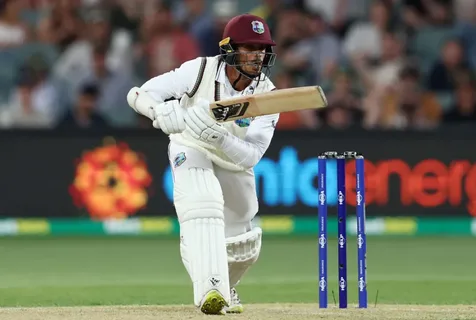How Do England Cricket Captains Shape the Team’s Style and Success?
The Role of Captains in England’s Cricket Legacy
England’s cricket team has been synonymous with tradition, resilience, and adaptability. The role of a captain in this illustrious history is pivotal, serving not only as a strategist but also as the emotional backbone of the squad. Captains influence everything from tactical decisions to the morale of players, ultimately determining the team’s trajectory in critical tournaments.

Leadership Styles: From Aggressive Strategists to Calm Decision-Makers
Each captain brings a unique style to the field, tailored to their strengths and the team’s needs. Aggressive leaders like Nasser Hussain often relied on bold decisions and unyielding pressure on the opposition. On the other hand, calm and composed figures such as Andrew Strauss focused on steady gameplay and disciplined team management. This blend of leadership styles has shaped England’s approach to cricket across generations.
| Captain | Leadership Style | Key Achievements |
|---|---|---|
| Nasser Hussain | Aggressive, tactical | Revolutionized England’s ODI approach |
| Andrew Strauss | Calm, methodical | Secured No. 1 Test ranking (2011) |
| Michael Vaughan | Inspirational, visionary | Led England to Ashes victory (2005) |
| Eoin Morgan | Innovative, bold | World Cup victory (2019) |
Tactical Influence: Setting the Course for Victory
The captain’s influence on tactics extends beyond simple field placements. Their ability to anticipate opposition moves, adjust strategies mid-game, and harness individual strengths often dictates the outcome of matches. Eoin Morgan, for instance, transformed England’s limited-overs team into an aggressive, modern unit, breaking free from conventional cricketing norms.
Motivation and Team Dynamics: Creating a Winning Environment
A captain’s role is not confined to the pitch. Off-field interactions, team bonding, and individual encouragement form the backbone of a cohesive unit. Michael Vaughan’s ability to inspire players and create a unified vision was instrumental in England’s historic Ashes victory in 2005. Similarly, Eoin Morgan cultivated a culture of inclusivity and fearlessness, which culminated in their first World Cup win in 2019.
Measuring Success: Achievements and Legacies
The success of a captain is often measured by titles, but their true legacy lies in the imprint they leave on the team’s philosophy. Andrew Strauss’s focus on discipline and structure not only secured the No. 1 Test ranking but also laid the foundation for future leaders. Meanwhile, captains like Ben Stokes continue to redefine what it means to lead under pressure.
| Metric | Impact of Captains |
|---|---|
| Tactical Adaptability | Improved win rates in multi-format competitions |
| Player Development | Elevated performance of individual team members |
| Cultural Evolution | Shifted team mindset towards aggressive cricket |
Challenges Faced by England Captains
Leadership in cricket is fraught with challenges. Captains must navigate the pressures of public expectations, media scrutiny, and the ever-evolving demands of the game. Balancing their individual performances with the responsibilities of leadership adds another layer of complexity.
Future Prospects: What Lies Ahead for England’s Captains?
As England embraces the modern era of cricket, the role of the captain will continue to evolve. Emerging leaders must blend traditional values with innovative strategies, ensuring England remains competitive on the global stage. The journey of England’s cricket captains is a testament to the enduring importance of leadership in shaping the game’s destiny.
